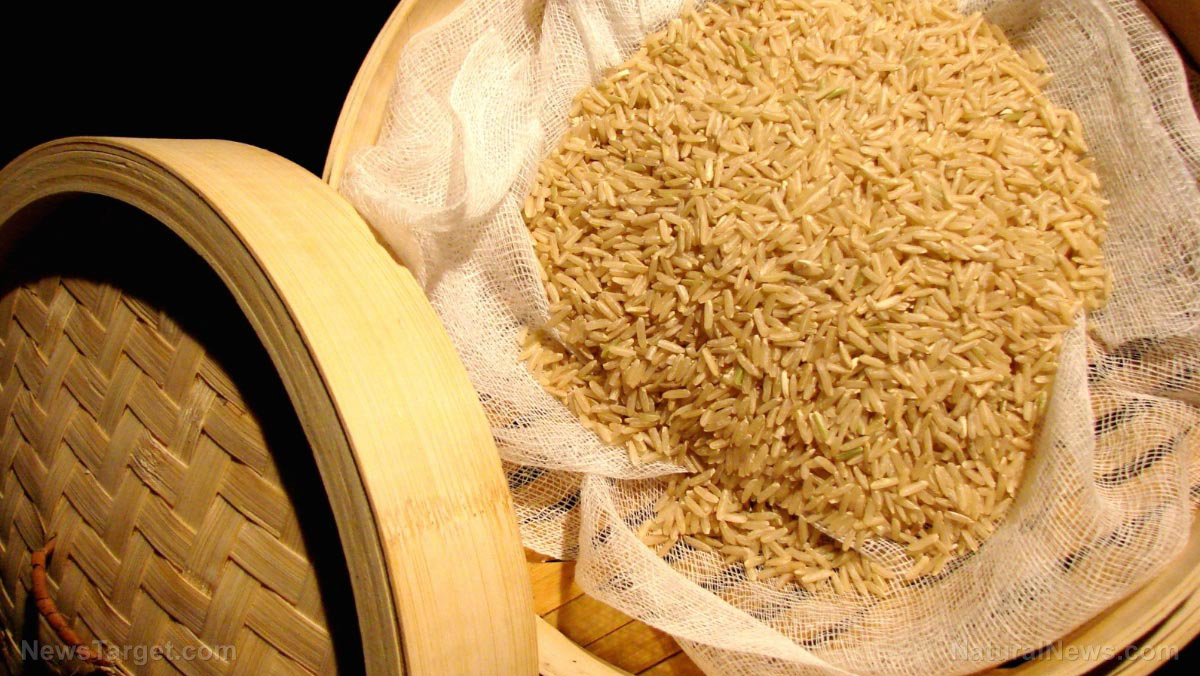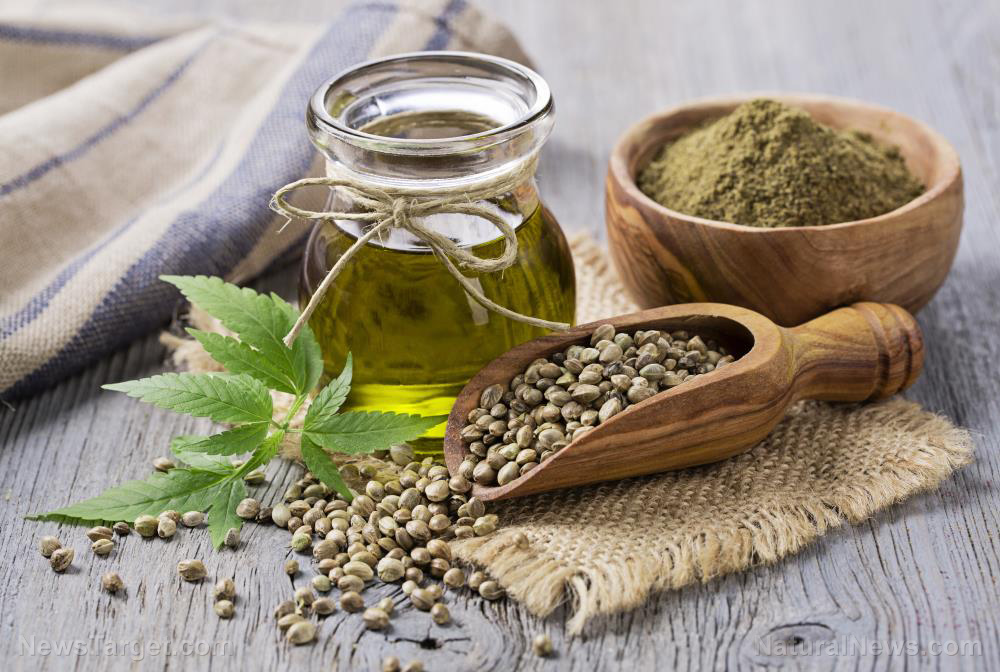Can you add chocolate to a keto diet?
10/10/2019 / By Evangelyn Rodriguez

Chocolate is a decadent food often associated with sweet desserts and snacks. Many people love the rich taste of chocolate and the feelings of happiness and pleasure it stimulates. Although considered a superfood – dark chocolate, that is – chocolate contains lots of calories, which can make you gain weight. On the other hand, it is also a rich source of nutrients and antioxidants and offers a variety of health benefits. So should people on a diet really avoid chocolate? Or can it somehow be added to a calorie-restricting diet such as a keto diet?
What’s good about chocolate
Chocolate is made from the seeds of the cacao tree (Theobroma cacao) which are first dried and fermented to produce cocoa beans. These beans are then processed into either chocolate blocks, liquid chocolate, or chocolate paste. Depending on the amount of processing it undergoes, the resulting chocolate can either be light or dark.
Light chocolate, also known as milk chocolate, is more processed – so much of the cocoa it contains has been heavily diluted. Dark chocolate, meanwhile, is relatively unrefined, so it contains more of the beneficial components originally found in cocoa. Milk chocolate also has more sugar mixed into it, so many people find it more palatable than the bitter dark variety.
Although tainted with the stigma of causing weight gain, chocolate can provide plenty of health benefits. According to studies, chocolate has cholesterol-lowering properties and can even help reduce memory decline in the elderly. When eaten in moderation, chocolate even helps lower the risk of heart disease and stroke. Some studies also suggest that, contrary to popular belief, eating chocolate actually helps decrease body fat and waist circumference.
Chocolate and keto diet: Are they compatible?
People who go on a keto diet usually aim to lose weight. The diet shuns carbohydrate sources in favor of foods rich in fats and proteins. This setup, when done right, forces the body to burn fats instead of sugar to produce energy. The only thing people on a keto diet are required to do is to reduce their calorie intake.
So can you eat chocolate when you’re on a keto diet? The answer is yes. But only if it’s the least processed type. Raw cocoa, baking cocoa, and dark chocolate that contains at least 70 percent cocoa can be used to make keto-friendly desserts. Although they lack the sweetness of milk chocolate, you can be sure that they have every bit of the goodness your body needs and deserves.
The nutrient content of chocolate varies between brands. But raw cocoa, the main ingredient in chocolate, is an excellent source of polyphenols, which are health-promoting plant compounds. These compounds have antioxidant properties and are said to be responsible for many of chocolate’s health benefits. Polyphenols can reduce inflammation, improve cholesterol levels, normalize blood pressure, boost brain function, and even lower the risk of diabetes.
However, processing and heating decreases the polyphenol content of cocoa. So generally, the darker the chocolate, the more beneficial compounds and nutrients it contains. Bitter-tasting chocolate is also healthier than milk chocolate as cocoa is often treated with alkaline to reduce its bitterness, which results in less nutrients and a more than 50 percent decrease in polyphenols.
Per 100 g of dark chocolate, you can get the following:
- Calcium, 30 mg
- Carbohydrate, 60 g
- Energy, 556 kilocalories
- Fat, 32 g
- Iron, 2 mg
- Phosphorus, 51 mg
- Potassium, 502 mg
- Protein, 5.54 g
- Sodium, 6 mg
- Sugar, 47 g
In comparison, a 100 g serving of milk chocolate contains less of these nutrients apart from protein, sugar, calcium, and phosphorus.
The antioxidant content of raw cocoa and dark chocolate is on par with that of popular berries like acai berries. If you’re on a keto diet but are craving the sweetness of milk chocolate, you can pair dark chocolate with the juicy goodness of blueberries instead. Blueberries are also nutrient powerhouses and can sweeten any type of keto dessert. Just make sure you eat them in moderation – blueberries, although low in calories, are a little sugar-heavy.

You don’t have to deprive yourself of some chocolatey goodness. Visit Chocolate.news for more on the health benefits of raw, unrefined chocolate.
Sources include:
Submit a correction >>
Tagged Under:
antioxidants, bitter chocolate, blood pressure, body fat, brain function, brain health, calories, Chocolate, cognitive health, dark chocolate, fightobesity, functional food, heart disease, heart health, keto diet, memory decline, milk chocolate, nutrients, polyphenols, prevention, raw cocoa, stroke, Theobroma cacao, weight gain, weight management
This article may contain statements that reflect the opinion of the author
RECENT NEWS & ARTICLES
COPYRIGHT © 2017 SLENDER NEWS





















